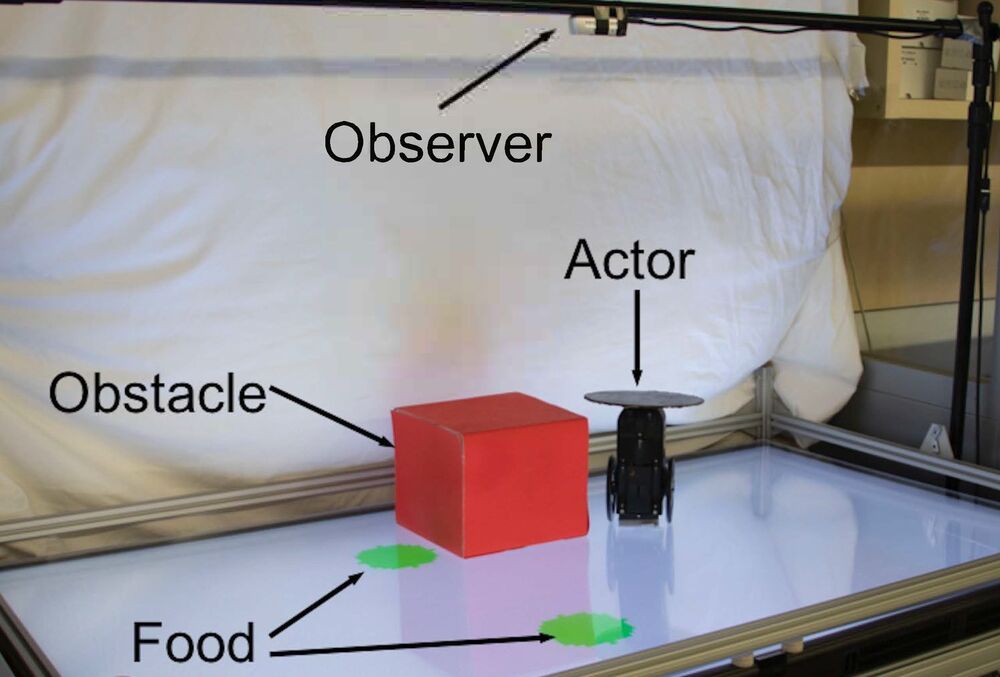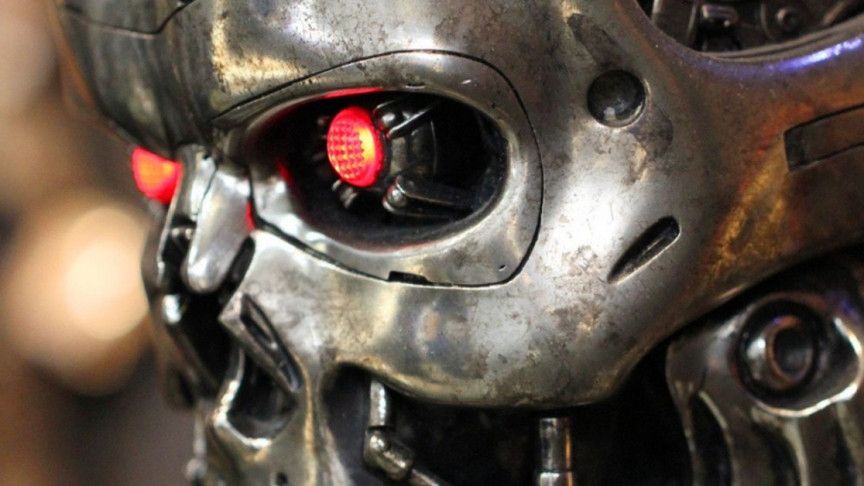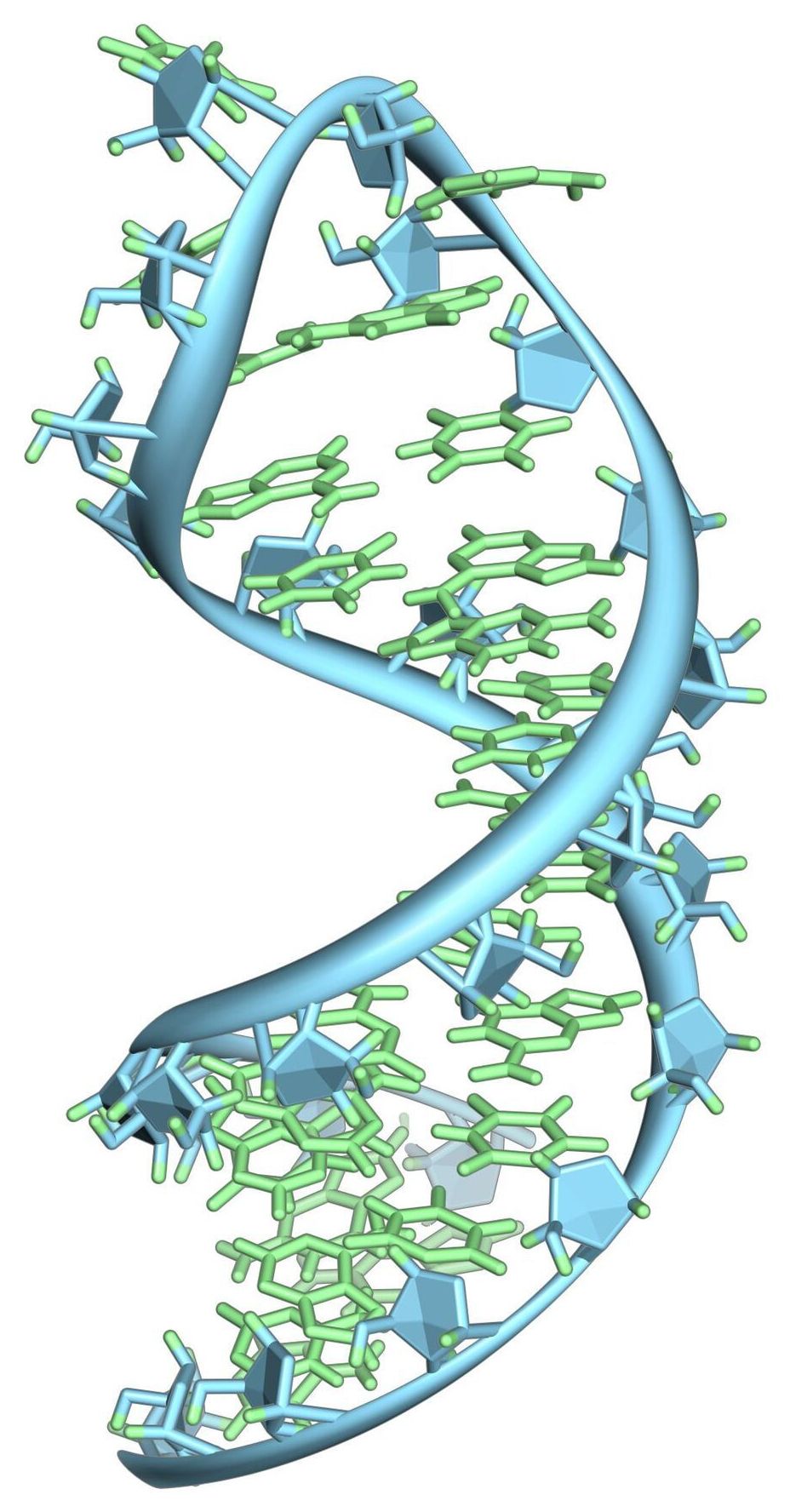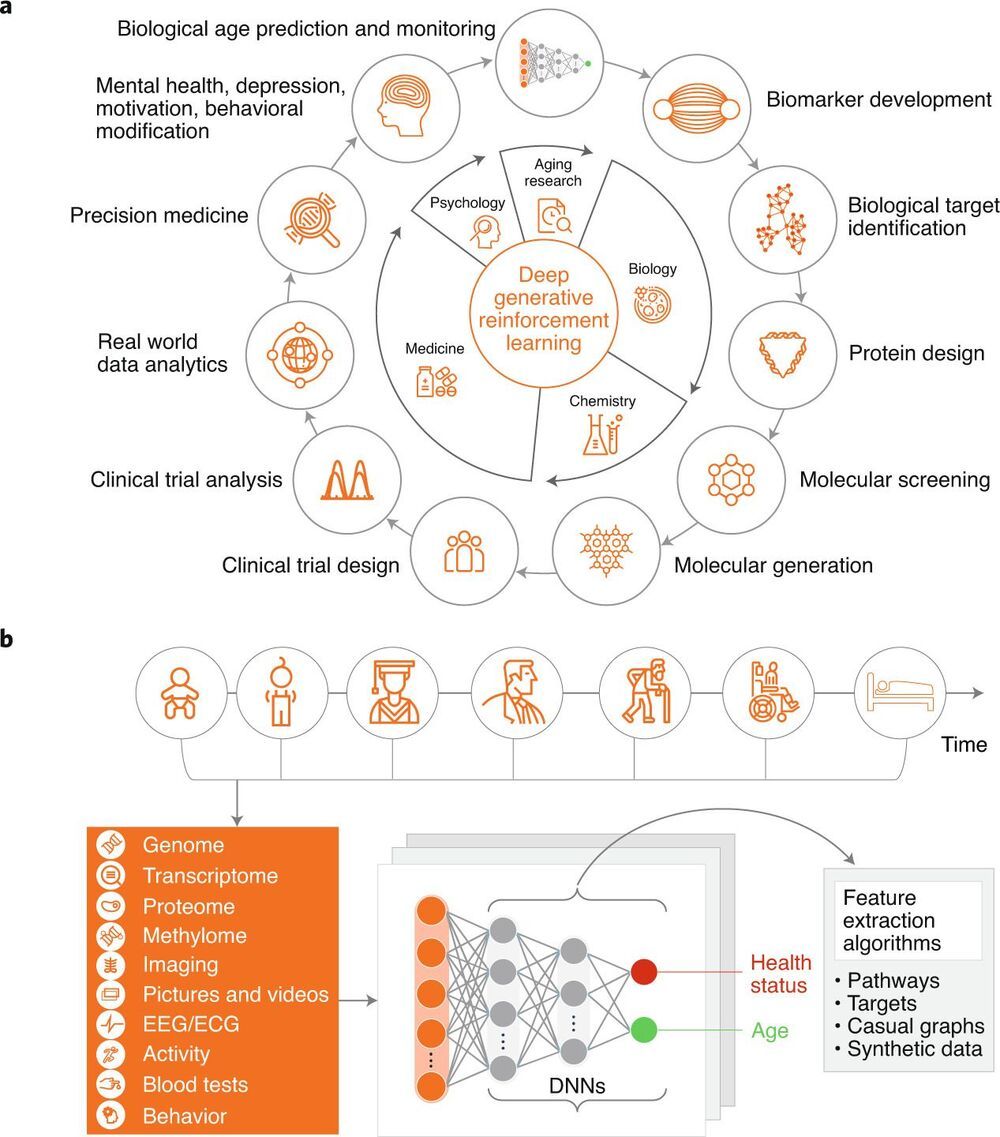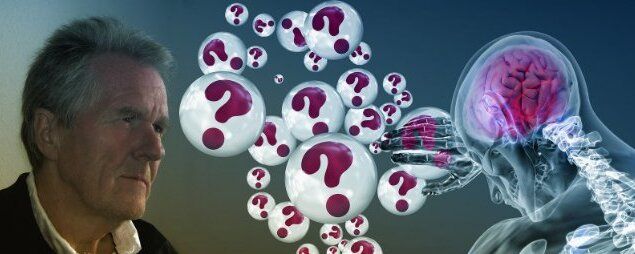Jan 15, 2021
Scientists Develop Novel Class of Antibiotic against Wide Range of Bacteria
Posted by Raphael Ramos in categories: biotech/medical, economics, health
Wistar Institute scientists have designed a new class of antimicrobial compound, which, they claim, uniquely combines direct antibiotic killing of pan drug-resistant pathogenic bacteria, with a simultaneous rapid immune response for combating antimicrobial resistance (AMR). The team claims the dual-acting immuno-antibiotics (DAIA) strategy could represent a “landmark” in the fight against AMR.
“We took a creative, double-pronged strategy to develop new molecules that can kill difficult-to-treat infections while enhancing the natural host immune response,” said Farokh Dotiwala, MBBS, PhD, assistant professor in the Vaccine & Immunotherapy Center and lead author of the team’s work, which is reported in Nature, in a paper titled, “IspH inhibitors kill Gram-negative bacteria and mobilize immune clearance.”
The World Health Organization (WHO) has declared AMR to be one of the top 10 global public health threats against humanity, and it is estimated that by 2050, antibiotic-resistant infections could claim 10 million lives each year and impose a cumulative $100 trillion burden on the global economy. The list of bacteria that are becoming resistant to treatment with all available antibiotic options is growing and few new drugs are in the pipeline, creating a pressing need for new classes of antibiotics to prevent public health crises.

